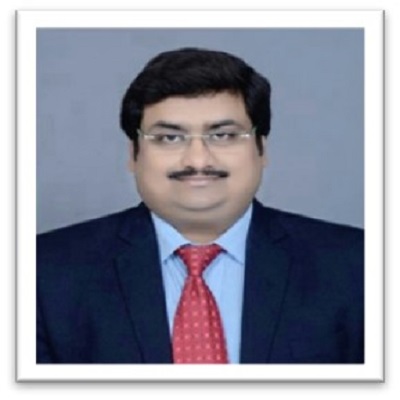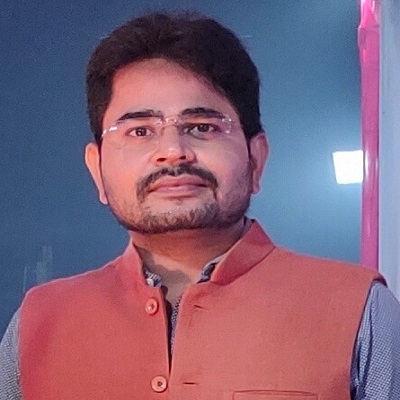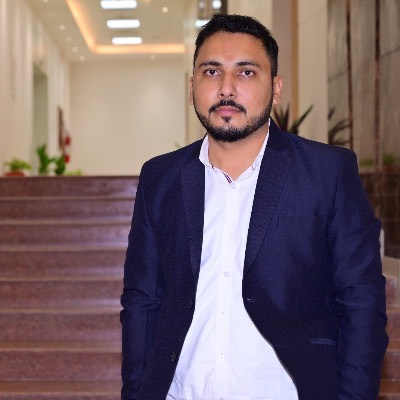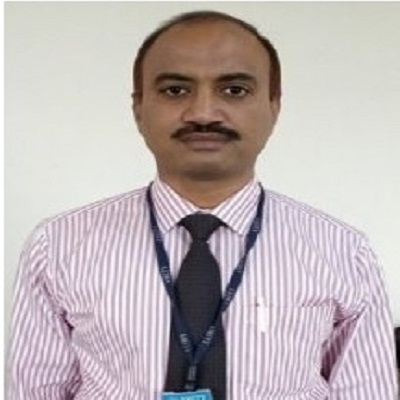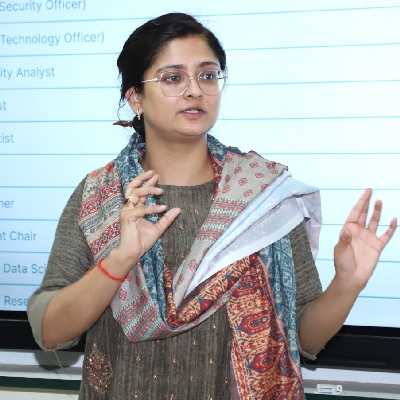Purpose
There has always been a need for expertise in “Hindu Studies”. Such need will only grow with time, because of India’s rapid emergence as an economic, military, technological, and cultural power on the global stage, and the consequential heightened interest in Hindus and their civilization. Unfortunately, no Indian university offers such a program. A MA program in Hindu Studies fills this important gap.
What Will the Student Learn?
A student with a MA degree in Hindu Studies shall:
- Develop a good understanding of foundational principles underlying Hindu civilization, society, and culture. These principles provide a basis through which Hindus, despite the endless diversity present amongst them, can relate to each other.
- Develop a good understanding of analytical methods through which knowledge, is analyzed and processed. These methods fall in two categories:
- Methods as laid out in Hindu darshanas: Study of these methods is important as it will help the student understand Hindu conceptions of the individual, family, relationships, society, state, environment, and the entire cosmos. Further, such methods will also help her understand other societies, states, and civilizations through Bharatiya lenses.
- Methods as developed in the West: The principle methods amongst these are biographical, new-historicism, formalism, psychological (both Freudian and Jungian approaches), feminist, Marxist (and Critical theory) and post-colonial theory.
- Develop a good understanding of Sanskrit, as it is in Sanskrit that an overwhelmingly large number of Hindu texts, both spiritual as well as secular, have been written. Thus, working proficiency in Sanskrit is a must for MA (Hindu Studies) program. Proficiency in an additional is also encouraged.
- Develop a very good understanding of Hindu practices (related to the individual, family, society, and the state), and how these practices (past, as well as present) are manifestations of core Hindu foundational principles.
- Shall acquire some expertise through electives in one or more of following areas of knowledge: history, economics, law, society, culture, politics, education, arts, ethics, literature, military, comparative religion, linguistics, and natural sciences. Such an understanding will help the student contextualize her understanding of “Hindu” in the present.
Qualifications
The MA (Hindu Studies) program shall be two-years long. Any student who has a three or four year’s bachelor’s degree will be eligible for it. Thus, students with bachelor’s degrees in sciences, engineering, and medicine are also eligible to pursue this program.
Programme Requirements
All students shall be expected to take for a total of 16 programmes. Each course shall have four credits. Of the sixteen programmes, 9 programmes shall be Core (i.e. compulsory), and the remaining 6 shall be Electives (i.e. optional). A single credit corresponds to 16 lecture hours. The MA (Hindu Studies) will be spread over four-semesters, i.e. two academic years.
Fees
Rs. 11,200/- per year
Seats
60 seats
Syllabus
Effective from : 2022-23


